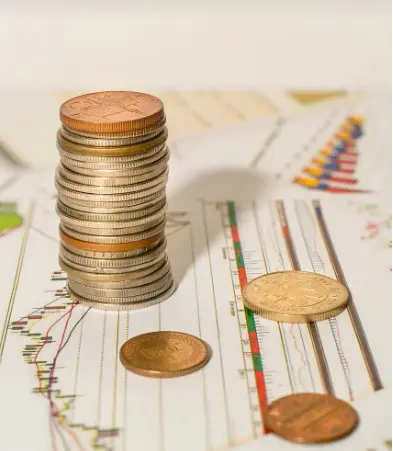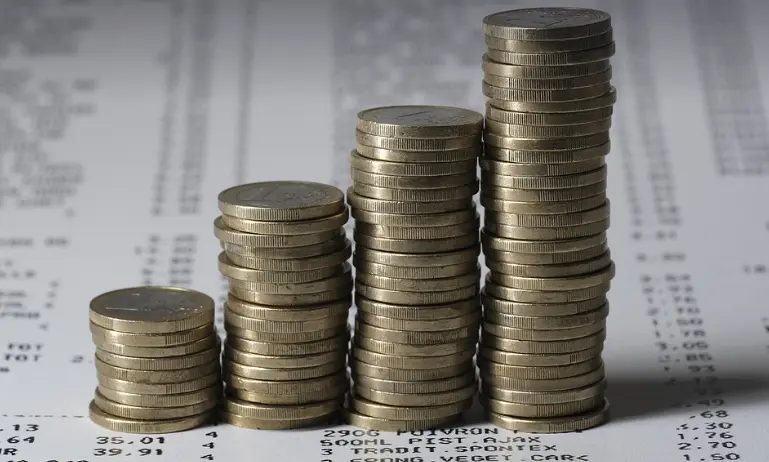Economic inflation is an omnipresent factor that shapes the investment landscape, especially during periods of rising prices. The challenge of maintaining the value of your investments in such an environment is a complex one. Understanding the effects of inflation on your investment portfolio is crucial, as is devising strategies to mitigate its corrosive effects and secure your financial prosperity.
The Essence of Inflation and Its Ramifications for Investments
Inflation is marked by a rise in the general level of prices for goods and services over time, which erodes the purchasing power of money. For investors, this trend presents two main challenges:
- Diminished Returns on Fixed-Income Investments:
Tactics to Fortify Your Portfolio Against Inflation
- Invest in Inflation-Resistant Securities:
Inflation's Impact on Personal Finances
The effects of inflation are not confined to investment portfolios; they also impact personal finances. As the cost of goods and services rises, it is essential to adjust your spending and saving habits to account for these increased expenses. Investing in assets that are resistant to inflation is a strategic move, but it is equally important to maintain a robust emergency fund and reduce high-interest debt as part of your financial planning during inflationary periods.
Closing Remarks
While inflation is an inherent part of the economic cycle, it does not have to hinder your investment goals. By acknowledging the associated risks and taking steps to safeguard your portfolio, you can navigate inflationary periods and ensure the ongoing growth of your wealth. The key lies in diversification, strategic asset allocation, and investing in assets that remain robust against inflation.






